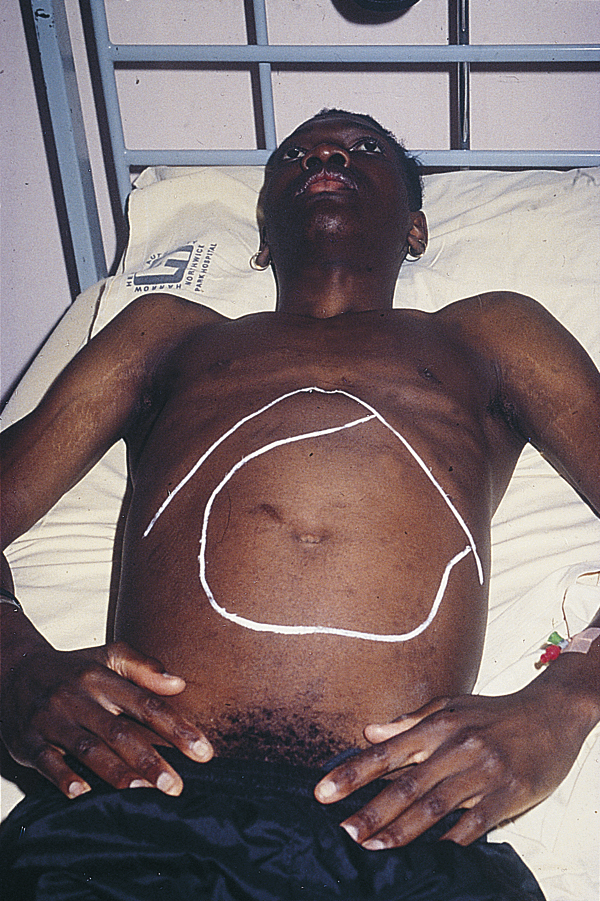kala-azar /kä″lə äzär″/ [Hindi, kala, black; Assamese, azar, fever] , a chronic and potentially fatal disease caused by a protozoal infection transmitted to humans, particularly to children, by the bite of the sand fly. Kala-azar occurs primarily in Asia, parts of Africa, several South and Central American countries, and the Mediterranean region. Global travel has increased the incidence of this disease in nonendemic countries. Symptoms vary depending on the infecting species. Treatment is based on presentation as well as the extent and progression of the disease. Pentavalent antimonials have been the mainstay of treatment for decades. Newer therapeutic options include liposomal amphotericin B, miltefosine, fluconazole, and ketoconazole. Also called Assam fever, black fever, dumdum fever, ponos, visceral leishmaniasis. See also leishmaniasis.

